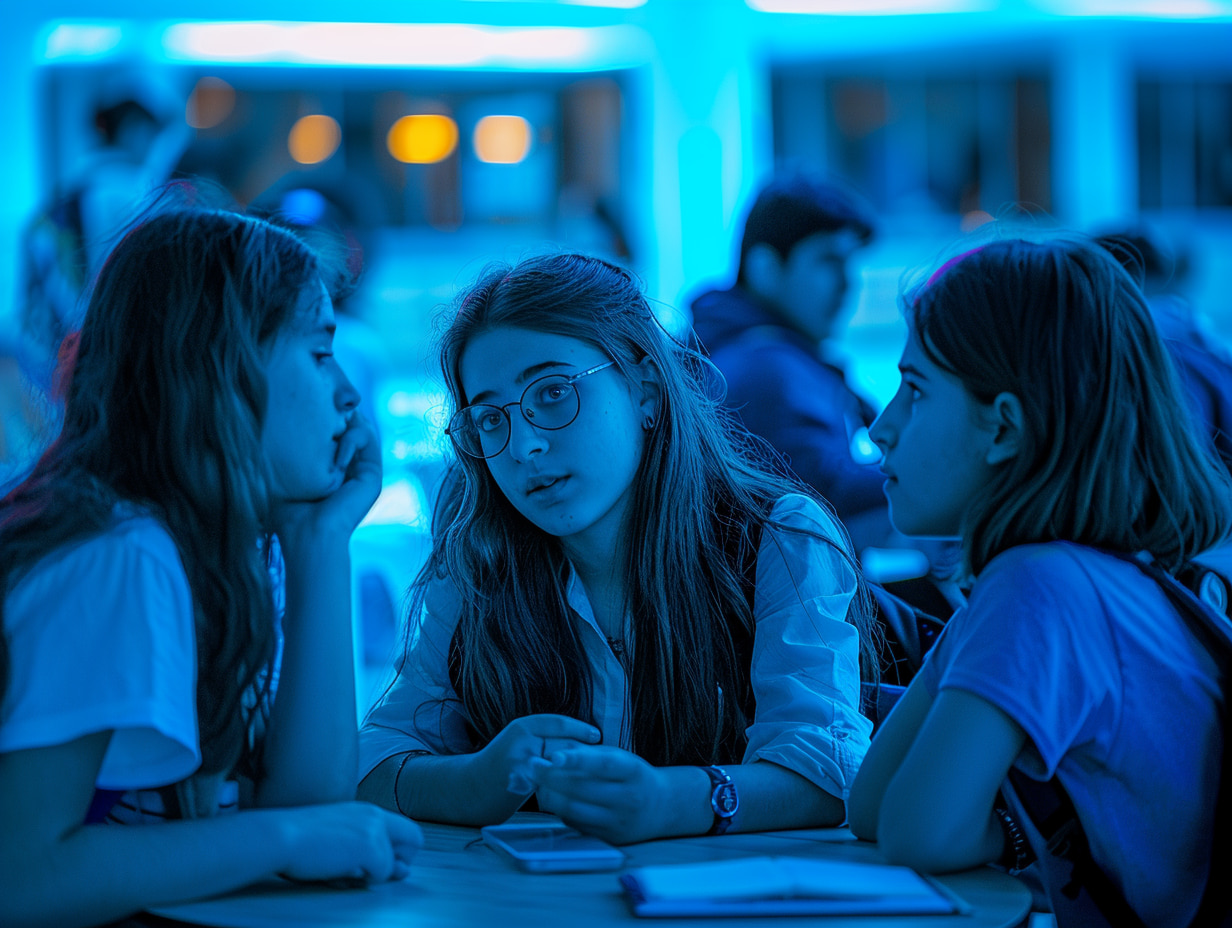Over the recent months, we have seen many individuals and organisations employ artificial intelligence for diverse purposes, whether it’s streamlining operational procedures, automating tasks or assisting in work processes. But how about using AI as the ultimate intern?
Why is AI Like the Ultimate Intern?
Interns are usually required to help experienced staff with time-consuming and repetitive tasks in many organisations. More like an assistant, generative AI fits well in this purpose, given the ability to quickly analyse or sift a large amount of data than humans would normally do.
As seen with tools like ChatGPT, AI can help create detailed reports and summaries, offer cross-references, and streamline complex processes when given the right guidance. This can immensely reduce some level of burden on staff, allowing focus more on strategic and creative areas.
Earlier in September, Cryptopolitan reported how AI-powered co-pilot models are reshaping the productivity of software development teams by offloading routine tasks like automating software testing, allowing individuals to focus on more innovative aspects of their work.
However, the key to unlocking or maximizing AI’s potential as the ultimate intern would be treating it always as an “intern.” Irrespective of how promising and smart generative AI can become, it’s fallible, which is why it needs human oversight, especially from an expert.
Just as an intern’s work needs to be checked first before being sent out, so does AI need human supervision, training, guidance, and constant input to stamp out inaccuracies and add a perspective that comes from real experience.
AI Can Do Much More
Other than the role of assistance, AI technology can do much more in different sectors. In the healthcare sector, for instance, AI is being harnessed to improve drug discovery processes, assist surgeons, and even predict health issues among elderly people.
In August, Europe’s largest digital-first home healthcare provider Cera Care developed a new AI tool that could save elderly people from suffering fractures as a result of unintended falls. The tool called ‘Falls Prediction AI’ leverages artificial intelligence to predict which adult is most likely to fall at home.





